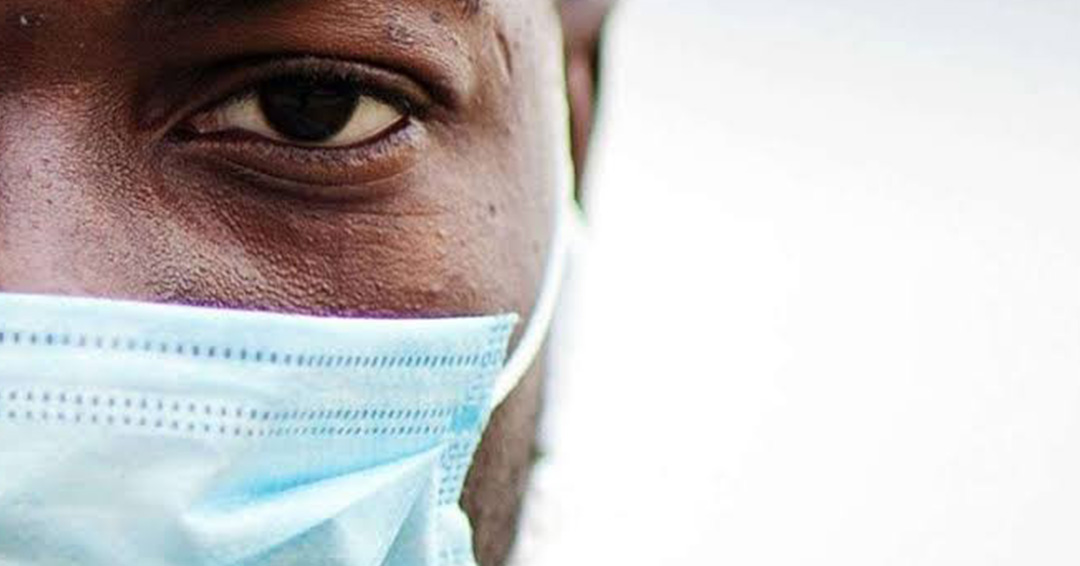
Sep
KIU Teaching Hospital Strengthens Partnership With Kitagata General Hospital
September 5, 2024, 9:40 am
 Administrator
Administrator

By Agnes Kiconco
KIU, Main Campus - Uganda Police in preparation for school re-opening has set a number of guidelines to be followed by school administrators, education officials, health experts, students, parents, and caretakers to ensure the success of this school year.
Two years down the road, schools have been closed in Uganda, except for a brief attempt to reopen last year. It is the longest school lockdown in the world. During this long COVID-19 instigated holiday, several children have faced a bunch of atrocities ranging from early pregnancies, rape, and many forms of abuse.
As schools plan to re-open come Monday, January 10, 2022, the Police require a lot of caution in balancing the educational needs of students along with their health, safety, and security, after almost two years. Following this caution, Police encourage all schools to strictly follow the public health guidelines, issued for safe learning, amidst the COVID-19 environment.
Police, in a statement released by CP Fred Enanga, the Police Spokesperson on Monday, January 3, said, "as students and pupils return to school, we would like to remind parents, caretakers, and teachers about the safety of children."
"The first term means increased activities in teaching and learning and many other academic preparations..."
"It also means waking up early, to transport the children to school. This brings about congestion on the roads due to rush hours of dropping and picking children," read the statement in part.
Listed below are some simple safety tips issued by Police for parents, guardians, and school managers:
1. All schools are reminded to review their security emergency preparations, supervision, and other school safety fundamentals. This includes the school visitor procedures and how access to school buildings is done in a high-priority area.
2. We recommend that all children are examined upon their return to school for any signs of child abuse during their holiday.
3. When transporting children to school, ensure you walk with them to teach them safe habits around drop zones or in the classrooms. For the boarding schools, establish contacts to monitor the safe arrival and presence of the children at school.
4. Children transported on motorcycles are required to wear helmets since 80% of all head and brain injuries arise out of failure to use helmets.
Ensure your child knows your mobile number or emergency police numbers 999/112. Learn to set up GPS tracking devices on your child’s mobile phone or other items.
5. Avoid the use of shortcuts that puts the child in a vulnerable situation.
6. Watch out for stalkers on foot, motorcycles, or motor vehicles. Seek help immediately in case of any suspicious movements or go to the nearest police.
7. Teach your children how to avoid talking to strangers and to never accept lifts from them or someone not approved by their parents. The same applies to any gifts or food from an adult.
8. All prohibited items must not be smuggled into schools, both day and boarding. Some of the prohibited items include; smartphones, polythene bags, selected electrical gadgets, and other flame base products like candles, lighters, matches which are major fire hazards, drugs, alcohols, cigarettes, energy drinks, glass bottles, unnecessary cash, and expensive items and any other items which are deemed illegal to possess or inappropriate for the age of the child or school environment.
9. All stakeholders should keep in mind that security is an ongoing process that requires vigilance and situational awareness. In addition, all school administrators are advised to regularly liaise with the territorial police units and update each other on the prevailing security situation.
Police also noted that much as Uganda has made significant progress in tackling the spread of the COVID-19 virus, from the first phase to where we are now, health and medical experts, continue to encourage members of the public to keep wearing face masks, physical distancing, wash hands, combined with good ventilation, screening and contact tracing in schools and outside school settings.
In the meantime, vaccination rates are improving, which will help all eligible persons lower the risk of Ugandans and other citizens in the country.
Kampala International University,
Box 20000, Ggaba Road, Kansanga, Kampala
+256-760 502660
+256-700 100808